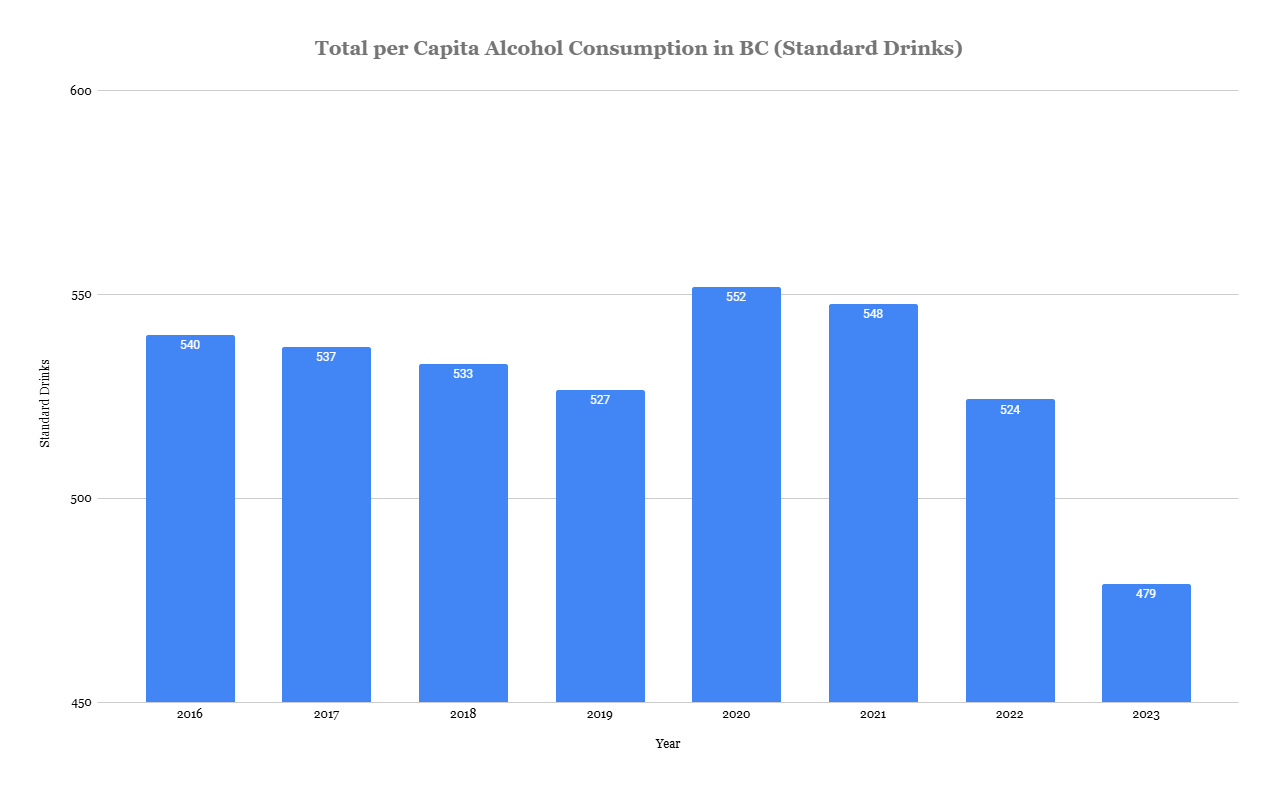BCGEU strike could cost liquor stores $250M, businesses warn
(Image courtesy of CBC)
Last Thursday, six BC industry hospitality, liquor, and cannabis associations presented an industry survey claiming that the ongoing BCGEU strike will cost businesses over $250 million.
Hospitality coalition pleads for an end to the strike
The coalition in question, made up of BC’s Alliance of Beverage Licensees (ABLE BC), the BC Restaurant & Foodservices Association (BCRFA), the BC Craft Brewers Guild, the Import Vintners & Spirits Association (IVSA), Restaurants Canada, and Wine Growers British Columbia (WGBC) came together to say that “BC's hospitality industry is not a bargaining chip” and that they are being “punished by a labour dispute that has nothing to do with [them].”
“Our industry and the thousands who depend on it need an extraordinary plan now. Small businesses are already cutting staff hours. Inventory is trapped. When this strike ends, the LBD will not be able to process the backlog, which will be devastating for both consumers and businesses during the holiday season,” the joint statement said.
The press release later went on to cite a survey done by the industry, claiming that 76 percent of businesses are facing workforce reductions, 78 percent fear business closure, 66 percent are experiencing significant cost increases, and the strike has cost over $250 million in liquor sales.
Liquor sales/consumption on the downturn
According to the Canadian Institute for Substance Use Research, centered at the University of Victoria, the average amount of absolute alcohol consumed in BC has gone down from 540 Standard Drinks per person to 479 Standard Drinks per person. This number was generated based on estimations provided by the sale alcohol data from the BC Liquor Distribution Branch and the Ubrew/Uvin data from the BC Liquor Control and Licensing Branch. If these figures seem high, that’s because the heaviest drinkers drag the average up. According to a 2024 study, by volume, the top 10 percent of drinkers consume 45.9 percent of the total ethanol among males and 47.1 percent of the total ethanol among females.
Information retrieved from the University of Victoria. One litre of absolute alcohol is equivalent to 58.65 standard drinks.
While economic conditions play a role in reducing demand, more public awareness of the dangers of excessive drinking has also contributed.
End in sight?
A few days ago, the BC government announced that it would enter into the mediation process with the BCGEU. No further details were provided. However, if these industry survey results are accurate, the strike may result in consequential long-term ramifications for hospitality businesses not previously seen.



